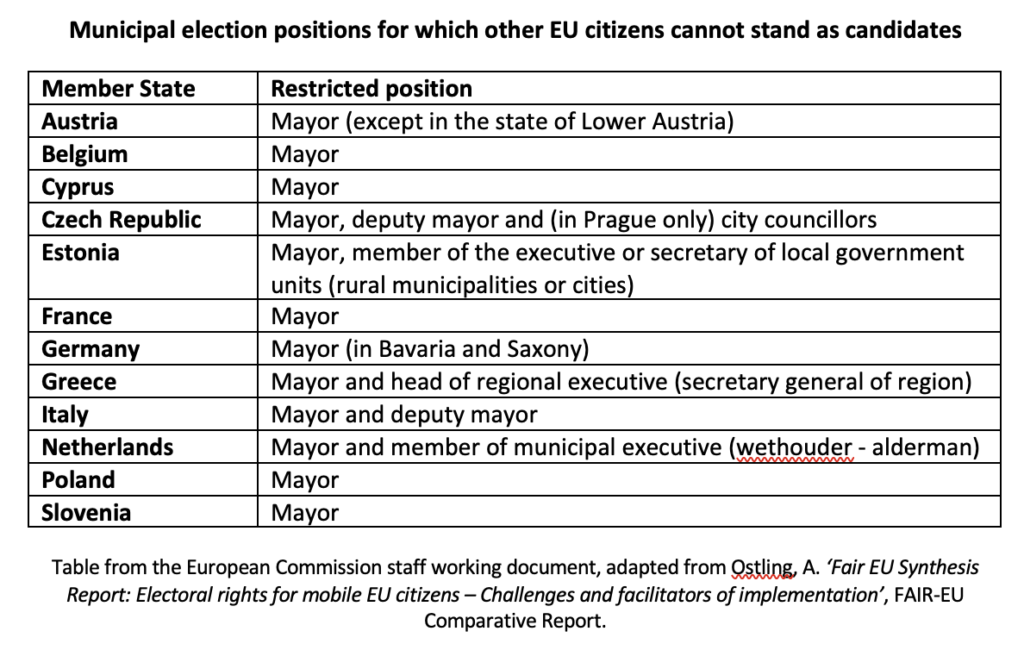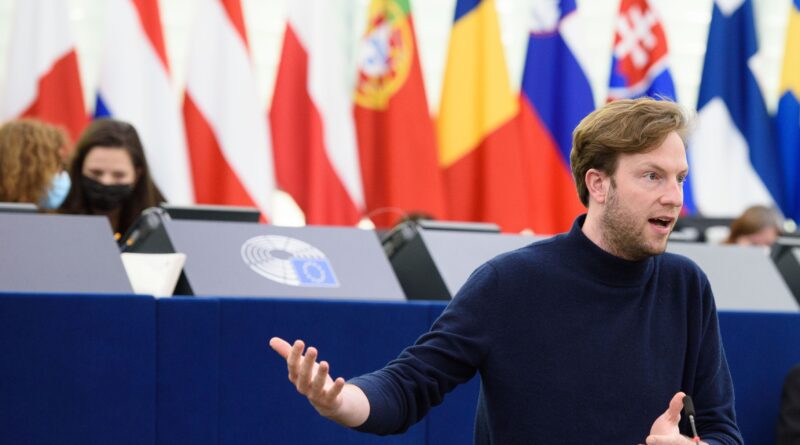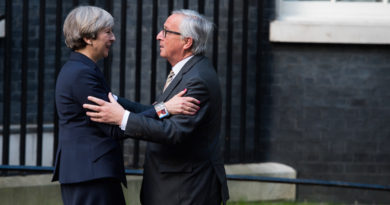Allow EU citizens in other EU countries to be mayors, EU parliament says
If an EU citizen can stand as a candidate in municipal elections in another EU member state, he or she should also be able to become mayor or vice-mayor, according to the European Parliament. This is still not the case in many EU countries.
The European Parliament called for top local government positions to be open to residents from other EU member states in a vote last week on reforms to promote electoral participation.
EU citizens who live in a country of the European Union other than their own have the right to vote and stand as candidates in municipal elections.
Several countries, however, do not allow them to take up the role of mayor, vice-mayor or councillor, reserving these positions to their own nationals.
These restrictions exist in Austria, Belgium, Cyprus, the Czech Republic, Estonia, France, Germany, Greece, Italy, the Netherlands, Poland and Slovenia, according to a European Commission working document.

Last week the European Parliament called for an end to such rules and to all derogations that can be an obstacle to participation. These include the possibility for EU member states to restrict Europeans’ right to vote and stand in elections when their share is over 20% of the electorate.
Based on data from 2020, the highest share of EU citizens in the overall voting population is found in Luxembourg (40.4%) and the lowest in Poland (0.09%), while in Cyprus, Ireland, Belgium, Austria and Malta it ranges between 7 and 14%.
Limited participation
It is estimated there are 11 million EU citizens who can vote in another EU member state. Few of them, however, exercise this right and even fewer the right to stand as candidates.
The reasons, says the European Commission, are a general lack of awareness about their rights, scarce information about voting procedures, the lack of familiarity with local politics, as well as language difficulties.
In 2021, to encourage democratic participation, the Commission proposed measures to make voting easier in municipal and European elections for EU citizens who have moved to another country of the bloc. Adopting its own position last week, the Parliament sought to strengthen them.
The parliament report says “there is a danger that European mobility could prevent mobile Union citizens from exercising fundamental political rights established by the European treaties, namely participation in elections to the European Parliament.”
But it is the EU Council, formed by representatives of EU governments, that will have the final say and it is unlikely they will unanimously support these proposals.
Information in other languages
The parliament asked to remove administrative and linguistic barriers that may discourage people from voting. This would include registering voters as soon as they sign in as residents and providing information on electoral rights and deadlines in an official EU language that they speak.
If member states allow their citizens to vote by post, proxy or by electronic means, the same conditions should be available to EU residents.
In addition, member states should make it easier for vulnerable groups, including persons with disabilities and mental illnesses, to exercise their electoral rights.
German MEP Damian Boeselager from transnational party Volt, who was in charge of the file, said at a press conference: “When the rights for Union citizens in other member states on elections were first passed, in 1993, they were quite groundbreaking, to be honest. They really established new rights for Union citizens in all the different member states. But this was when I was 5 years old. Since then, some time has passed. I am a bit older by now and I think it’s time that we update and also let our law in that regard grow.”
In a separate report, the parliament adopted similar provisions for EU elections. The MEP responsible for the file, Joachim Brudziński, a member of the European Conservatives from Poland, however, did not support the final text.
He argued the obligation to translate information about the elections would “constitute a significant administrative and financial burden for municipalities”. Brudziński was also against taking away the option for member states to reserve certain posts to their citizens.
European elections
Last year the European Parliament made other proposals related to the organisation of the European elections.
MEPs said that every EU citizen should have the right to vote from the age of 16 and to stand for election from the age of 18.
The parliament also proposed the establishment of an EU-wide constituency to elect 28 MEPs and the right for citizens to vote for the President of the Commission in a “lead candidate” system through such lists.
EU governments so far have not taken action on these proposals.
Claudia Delpero, Europe Street News © all rights reserved
Photo: Damian Boeselager by Genevieve Engel © European Union, 2022
Europe Street News is an online news service on EU citizenship rights. We are fully independent and we are committed to providing factual, accurate and reliable information. As citizens’ rights are at the core of democracy, our website and newsletter are free to read, so we welcome contributions to support our work. Thank you!




